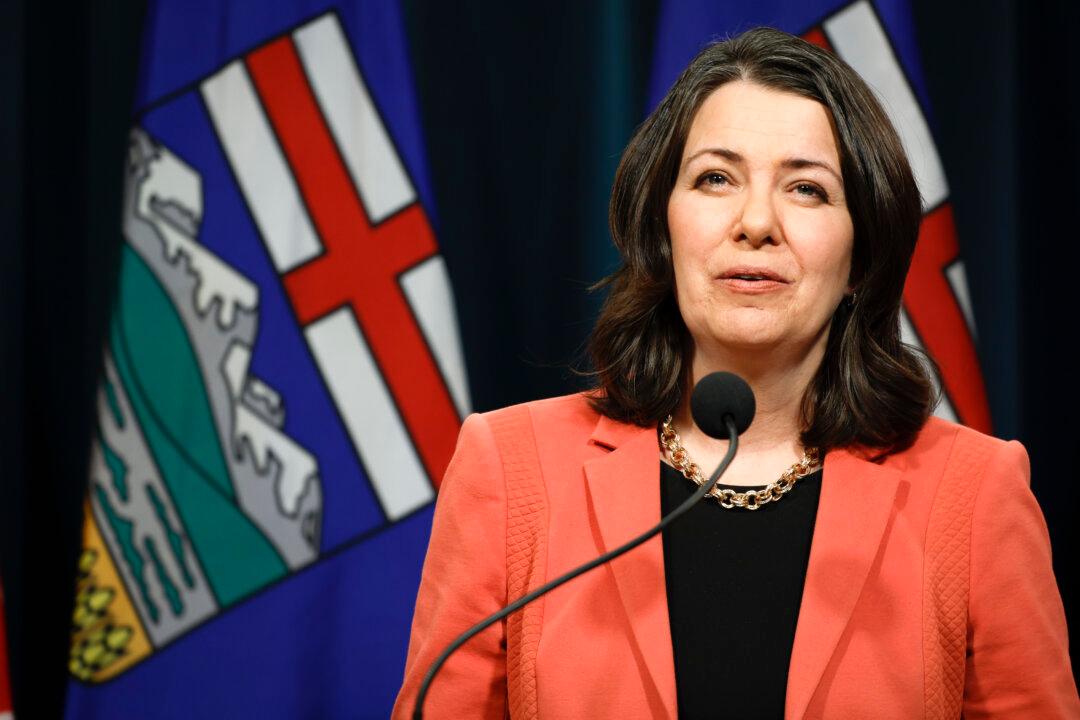A provincial police force was something previous Alberta premier Jason Kenney favoured right up to his final days in office, and Danielle Smith also touted it during her United Conservative Party (UCP) leadership campaign.
But with a mandated election coming up in May, the new premier has been taking the politically safer approach of tackling immediate policing problems, said Marco Navarro-Genie, president of Alberta-based think tank Haultain Research Institute.





